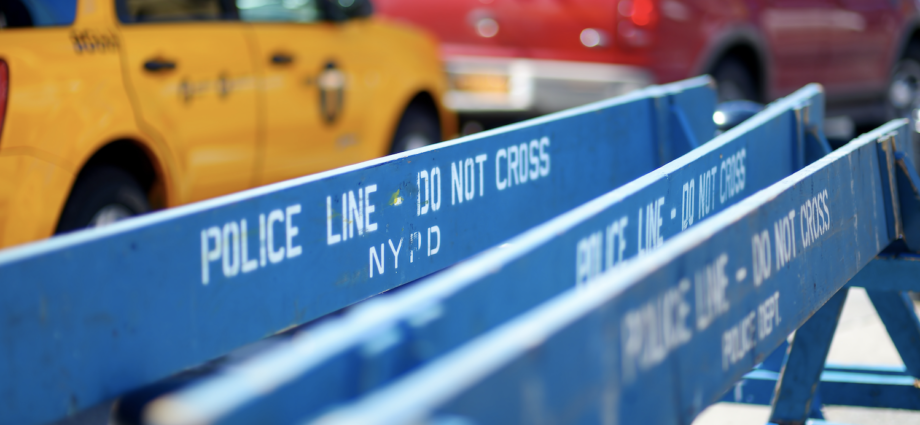New York Legislature Substantially Rolls-Back Bail Reform Law
For the second time in three years, New York is rolling back the bail reform law that took effect in January, 2019. Governor Cuomo had to roll it back in part in April, 2019, just months after it went into effect. One pandemic, a governor’s office scandal, and a crime-wave later, new Governor Kathy Hochul took a sledgehammer to the law and substantially rolled it back even further, as the legislature passed her roll-back late Friday night, April 8, 2023.
For years, even prior to the 2019 law, we warned that removing judicial discretion to set appropriate bail was not the answer to the difficulties faced by the indigent when it comes to pretrial justice. All bails and conditions of release should be a on a level-playing field for judges to impose in the appropriate cases. The art of bail, we said at the time, was sorting people into the right categories. In that sort, a large segment of those arrested are hardened, repeat offenders thumbing their noses up at the criminal justice system in New York. For those who some claim were “stuck” in jail for lack of resources, we disputed that theory as one not based on facts. In fact, one study found that the average defendant who fails to post bail in New York has six prior arrests and four prior failures to appear in court—ten strikes!
Our warning we issued prior to 2019 was that New York bail reform was charge-based, not person or circumstances-based. Just because the police or prosecutor charge a certain offense today does not equate to risk—risk of thumbing their nose at the system and not showing for court or going on to commit another serious offense while the current case is pending. For a generation, we knew, as judges did, that certain circumstances are just clearly indicia of criminality, and that certain others, well they just aren’t.
As we learned elsewhere in the nation, the right to an affordable bail is the right to have to procedures in place that adequately shift the burden to the prosecution to put up some real proof of a flight risk or danger to the community in order to protect indigent parties from excessive bails. Yet, this right is not absolute—you don’t automatically get out of jail for free just because you cannot afford it. In New York, under bail reform, we just took a big bag of charges and never bothered to ask, setting them by legislative edict at $0 no matter how many times a person committed them. Turns out the recidivists found out and fixed their behavior to take advantage.
The legislature’s revisions to bail reform are likely to be a significant roll-back of bail reform, depending of course on how it is used by judges. The key to it, however, is that the change is circumstance-based for the most part, excluding the fact that several gun charges including illegal possession are now eligible for bail. The circumstances include things like guns being sold to minors or used in the commission of a crime or illegal possession of them (even when not used), harming a person, harming property, theft when it is part of a criminal enterprise, and committing a new crime while already on release. While the original legislation was fundamentally flawed because it tied nearly all risk to the charge, this move away from that is actually evidence-based.
While bail reformers and their zealous advocates argue that bail reform did not increase crime, numerous public officials on the other side, including Mayor Eric Adams and New York City Police Commissioners Keechant Sewell and Dermott Shea. Regardless, the public was not buying it and firmly believed the law had increased crime. In a recent Siena poll, 64% of New Yorkers said bail reform had been bad for New York, and 82% said judges needed more discretion to set monetary bail as a result of the uptick in crime. So, no matter how the data was twisted and turned to make it say whatever it needed to say, with numerous articles on both sides, the collective wisdom of the public and their elected representatives was that bail reform caused an uptick in pretrial crime which warranted a very specific legislative response. We just hope that response will work to reduce crime in New York—which is needed badly right now.
In short, blanket zero bail policies are a danger to the communities they serve. It is important to realize that setting an absolute $0 bail in the name of protecting the indigent also protects the violent illegal-gun-toting recidivist. That is not what was desired, and hopefully focusing in on circumstances rather than charges will help states like New York figure out how to set the bail system up to succeed rather than to fail.



Facebook Comments